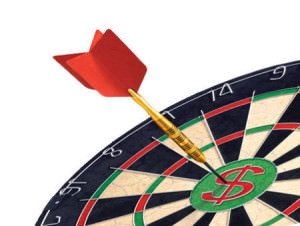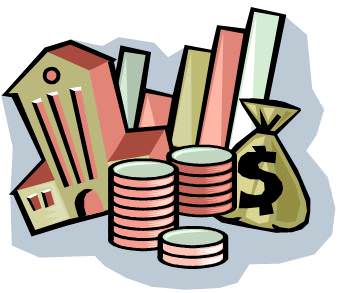You hear it everywhere in today’s society; people are looking for ways to money saving and stretch their dollars. While it always seems that prices are going up, incomes are going down and saving a dollar feels like the impossible dream, there are some simple steps anyone can take to save a buck while still enjoying the things in life that make them happy.
Money Saving Tips to Stretch Your Dollar
 The best way to money saving on your everyday purchases is to use coupons. Gone are the days when you must purchase the Sunday paper and spend hours cutting out coupons. Today, you can find coupons online, in your email and in fliers sent directly to your home. Keep an eye out for them, and save the ones that offer you money off on things you use. Keep a binder with you, and use it to store printed out or clipped coupons. This is a great way to save a little bit every time you shop, and that little bit will quickly add up.
The best way to money saving on your everyday purchases is to use coupons. Gone are the days when you must purchase the Sunday paper and spend hours cutting out coupons. Today, you can find coupons online, in your email and in fliers sent directly to your home. Keep an eye out for them, and save the ones that offer you money off on things you use. Keep a binder with you, and use it to store printed out or clipped coupons. This is a great way to save a little bit every time you shop, and that little bit will quickly add up.
After you have used all your coupons up and still have a few items to buy, turn to generic brands. Most supermarkets, drug stores and big box stores offer a generic brand, and it is often equal to the big name brands in taste, usefulness and/or quality. These brands often come with a money back guarantee too, so if you do not like the generic you can return it to the store and buy the brand of your choice. The best thing about generics is that they cost as little as half as much as the big names, meaning you money saving when purchasing the things you want and need.
Generic brands offer great savings, and so does buying in bulk. Large warehouse stores can be found across the country and they offer huge discounts when you purchase a large amount of any one item. This works really well if you are feeding a large family or even just to stock up on things that will never go bad, like toilet paper, paper towels, toothpaste and soap. Many warehouse stores charge a membership fee, but you can easily recoup that fee with the money saving over the course of a year.
Sometimes when you are looking to money saving, it is easy to buy an item just because it is on sale or you have a coupon. Think carefully before you do so. A great buy on an item isn’t so great if you will never use the item. In reality, you are spending money that could be saved for a different purchase when you do this. If an item can substitute for something you typically use, it might be a good buy. If it can’t, pass it up even if the coupon is a really good one.
So there you have it, four steps that can save you money on the things you want and need every day. So grab some coupons, think generic, buy in bulk and think before you make a purchase. You will keep more money in your pocket and stay financially healthy when funds are tight.









